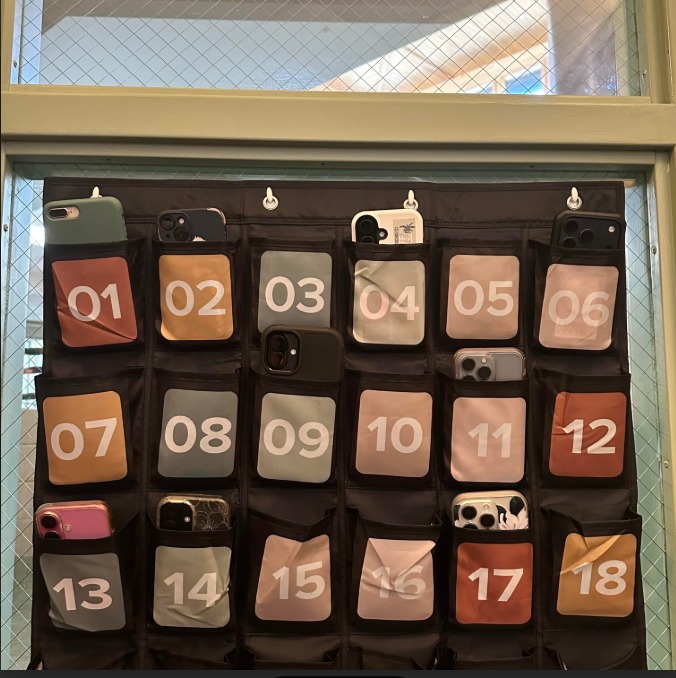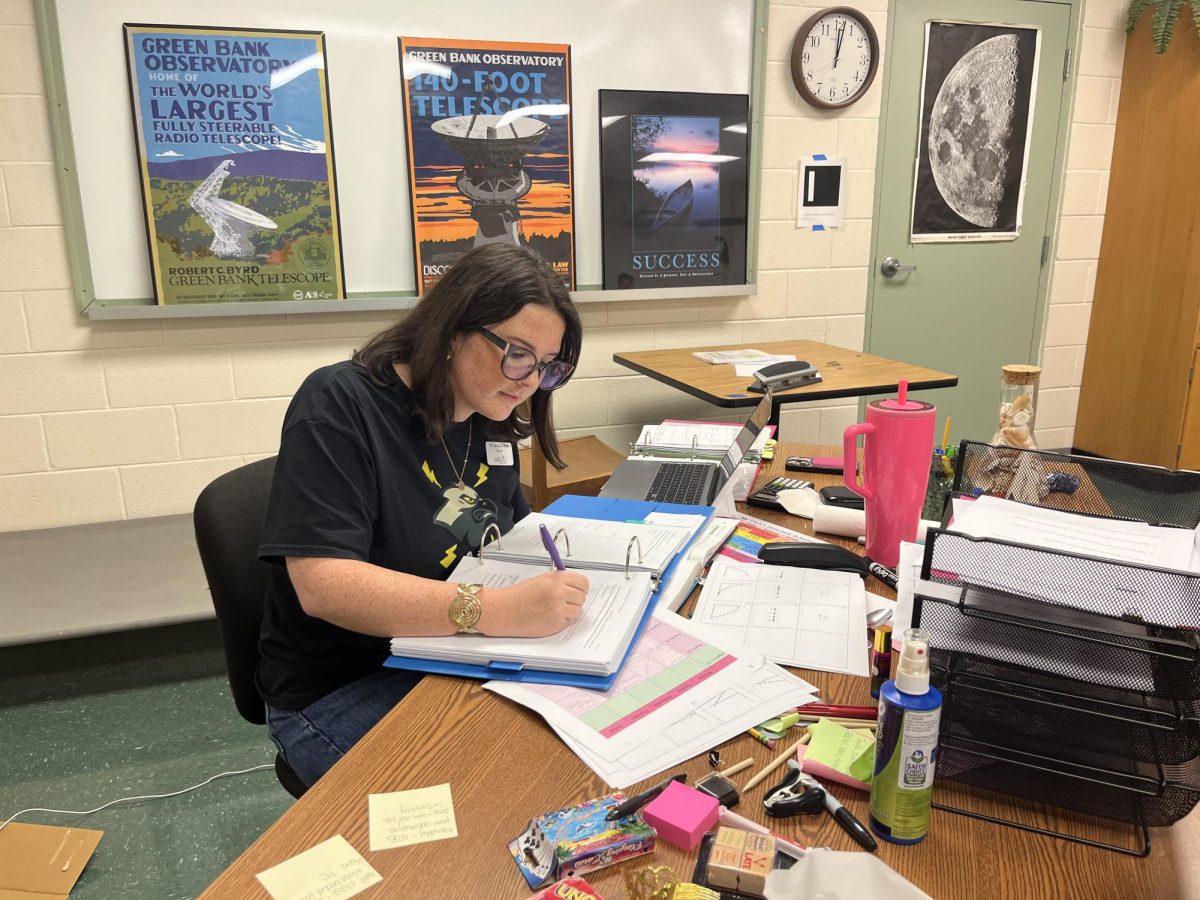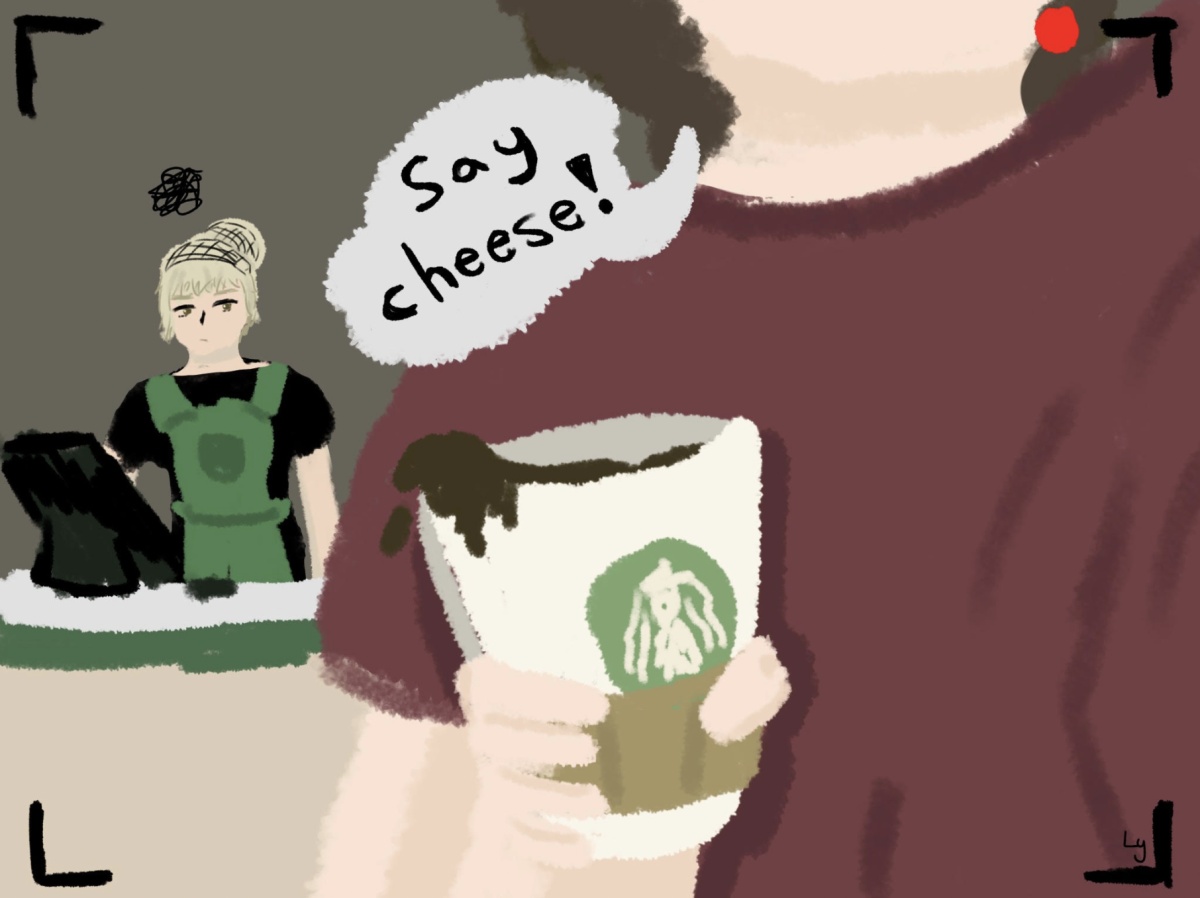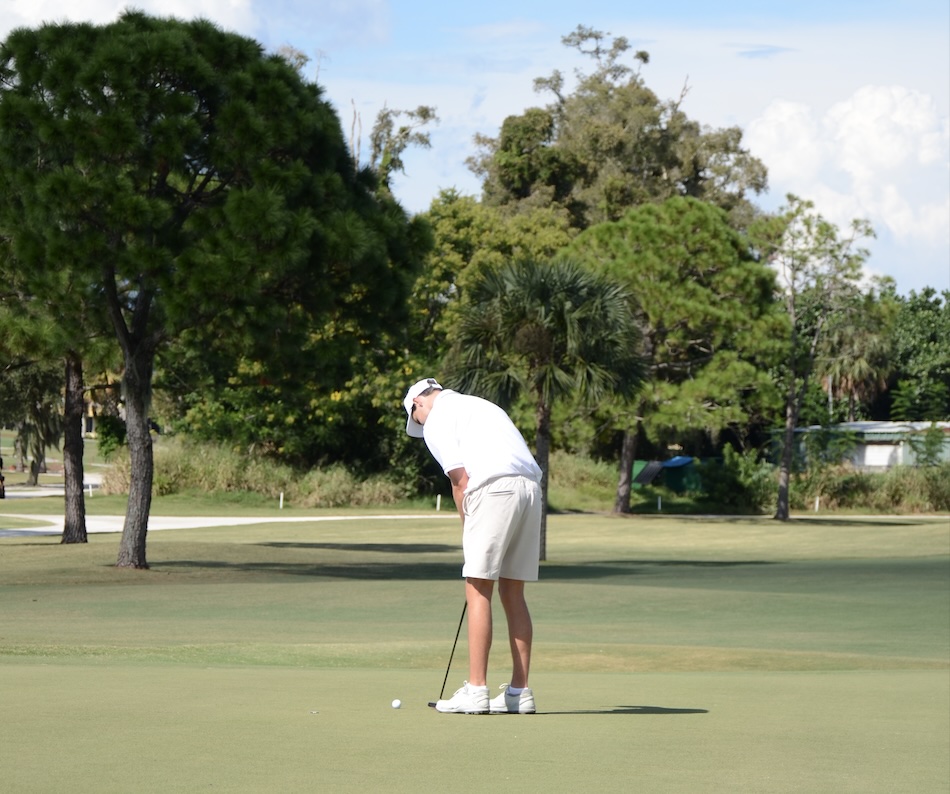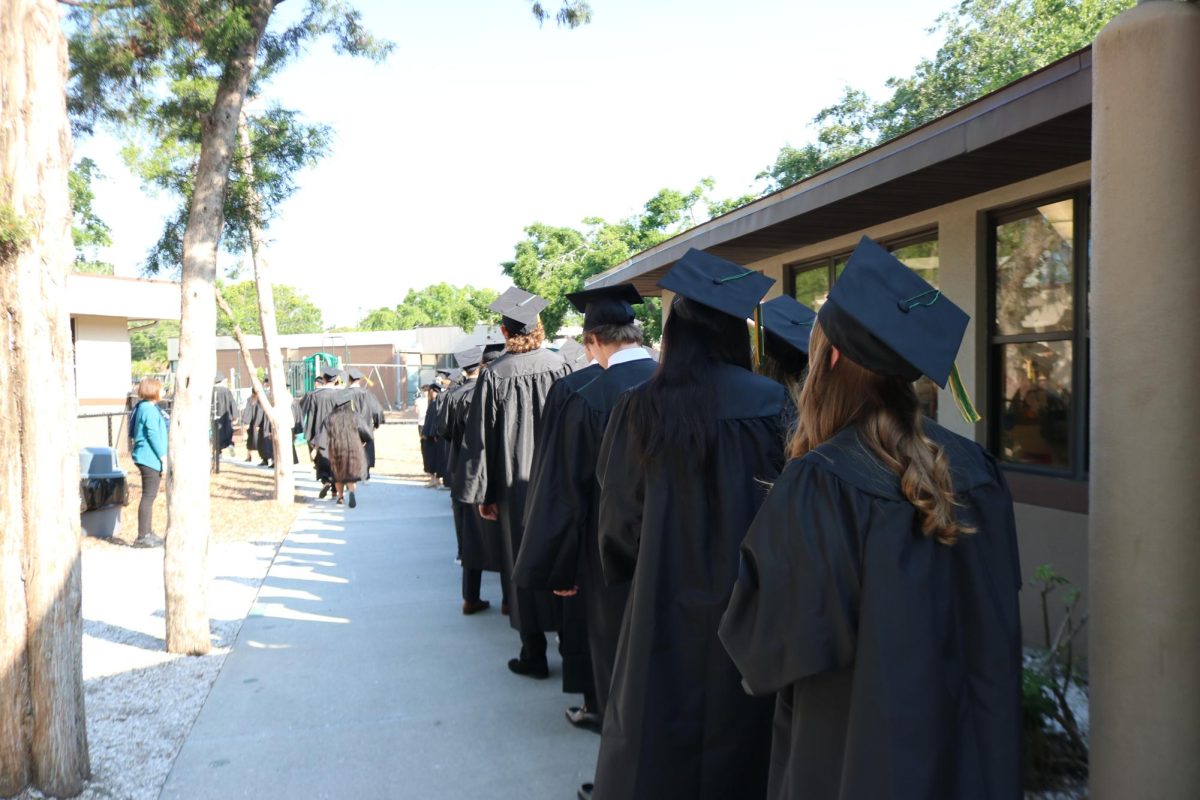Dear Dictionary
You have sat in the corner of every library, ruling over the kingdom of letters from a pedestal. As time’s tides shift the sands of standards, your presence has been a consistent guidebook to the land of language.
It is because of our mutual love of words that I am writing to you now.
When I found out that the Word of the Year last year was brain rot (which, I might add, is two words, not one), I was heartbroken. Of all the choices…
By drawing recognition to this word, you give acknowledgement to the ever-increasing presence of anti-intellectualism within our culture. In a universe with a bounty of exquisite words, why brain rot?
Of course, I acknowledge that the words selected for this honor are based on increased use, influence on society, and, in some cases, populist vote.
Brain rot, which, according to the New York Times, was first used in 1854 by Thoreau in Walden (a surprising origin for a phrase that summarizes the perplexing muddle of media consumed by people my age).
It’s a term that echoes through the hallways at school, a half-hearted excuse-word for a culture of behavior that is stealing hours of attention away from everyone my age (as someone who isn’t on social media, I pretentiously claim to be free of the grasps of this epidemic, but no one remains untouched – the average teen spends nearly five hours a day on social media, as stated by Gallup).
As much as I am disappointed about this word choice, my main concern is what this represents for our future.
For one, you’ve selected a word that sounds depressing, like an ominous foreboding of a world where instead of thinking deeply, we are satisfied, both in culture and language, with brain rot.
As an avid dictionary fan, I swear by the physical dictionary, where an epic quest for a definition leads to a multitude of fascinating detours, but hardly ever the knowledge one originally comes for. But I will not be searching for brain rote
You and I both know that knowledge— knowledge (Noun) knowl·edge ˈnä-lij : the fact or condition of knowing something with familiarity gained through experience or association according to your cousin, Merriam-Webster — is power.
By diminishing the importance of curiosity and intelligence, brain rot is depriving the younger generations of their inspiration to pursue intellect— and it really shouldn’t be celebrated, or put on a pedestal.
What will the world look like when it is run by people who primarily consume videos of mindless pranks and skibidi toilets? What will kids think when we tell them that brain rot, the word, the actual word, now has a place in Oxford’s dictionary? What’s next, six-seven?
As a dictionary, you are an authority, a standard. We turn to you, skimming through countless pages of miniscule letters, waltzing to the soundtrack of curiosity, on a quest for enlightenment, not rot.
So please, on behalf of all of us— do better for 2025. We implore you (see? there are wonderful words out there).
Sincerely,
A Lover of Words

